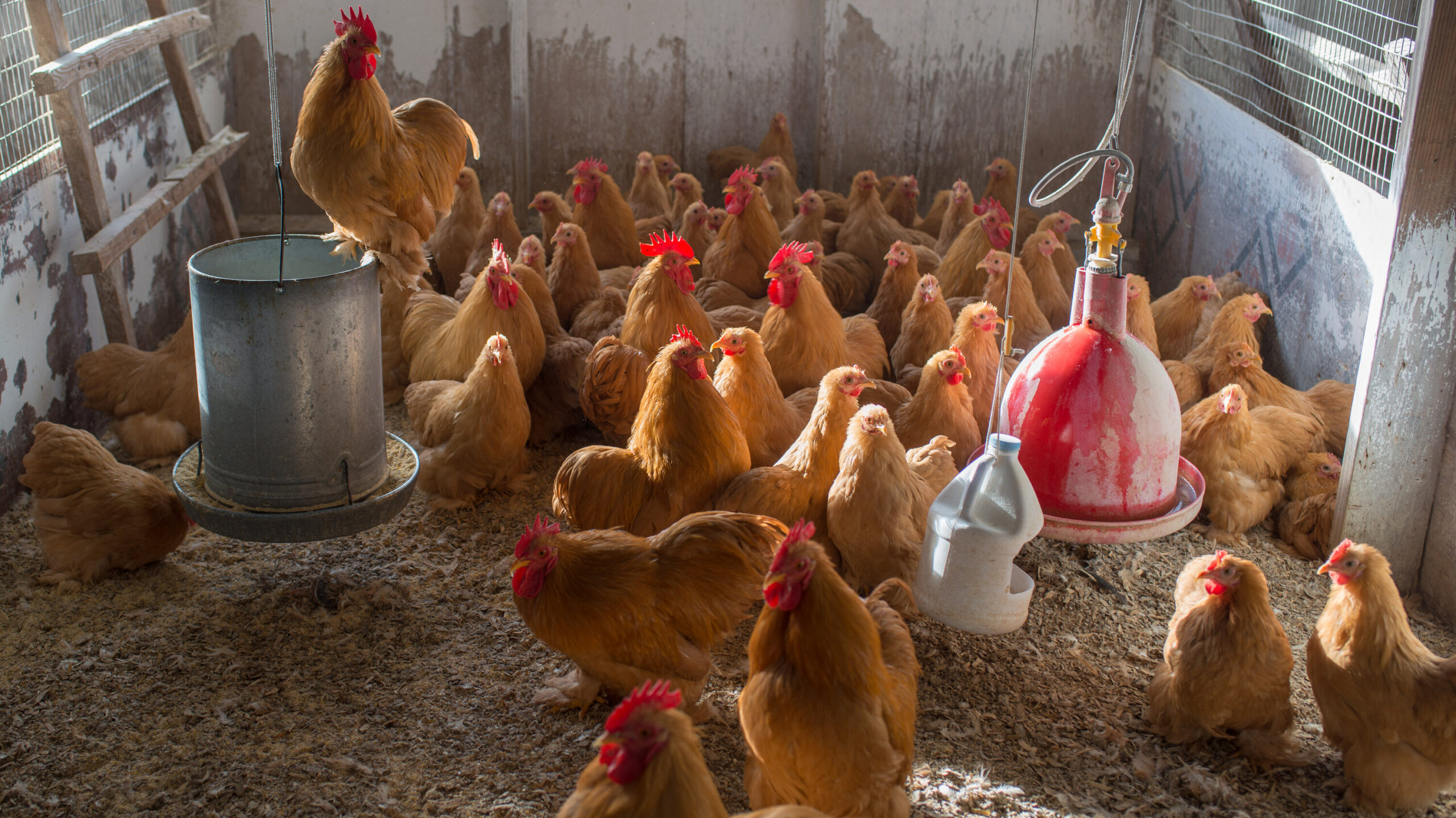What is causing the ongoing egg shortage leading to the doubling of egg prices in grocery stores?
The free market usually finds a solution to food shortages quickly. However, this egg shortage has been persistent.
Rising egg prices in the U.S. have impacted countless households, with egg prices rising over 60% nationwide compared to last year.
The historic bird flu outbreak, which resulted in the culling of over 60 million chickens, and the recent egg farm fire have caused many people to raise suspicions of external interference contributing to the worsening of the egg shortage.
Some reports suggest that issues with commercial chicken feed may be a contributing factor to the increasing egg shortages.
Several independent farmers have made videos speculating that problems with the commercial chicken feed they’ve been using could be affecting their hens’ ability to lay eggs.
@keeleys.coladas alleged on TikTok in a series of videos in which she went down the “chicken feed rabbit hole” that she and her neighbor’s chickens stopped laying eggs around September.
She says that after about a week of her neighbor switching the commercial chicken feed that she’d been using with the local mill feed, her chickens started laying again.
She added that she knows an individual who went to get their feed tested, and the results came back showing that the feed they were using had zero protein in it, which is needed for hens to lay more eggs.
She delves deeper into the issue, speculating that major U.S. egg and chicken feed producers may be colluding.
According to this theory, this chicken feed issue may not be accidental, as it could enable big companies to monopolize egg production and distribution, putting small farmers out of business. This would limit the egg supply and create a single point of failure, making it easier for these big companies to also shut down, leading to an even greater egg shortage for a currently unknown reason.
Another chicken farmer (@urbanchickenfarmer) posted a video on TikTok theorizing that something might be up with the chicken feed he’s been using.
“Something is wrong with the chicken food we’re buying, seriously,” he stated. “My chickens have not laid an egg since July, and nothing’s changed. Then, I was thinking, maybe it’s because my chickens are getting older, or maybe it’s a bad winter. But, according to a lot of people on TikTok, they’re having the same exact problem. And people are saying once they switched the food, their chickens are starting to lay again.”
He went on to say, “So I’m gonna switch their food, and we’ll see. Maybe something’s wrong with the food, and was it intentional?”
The TikToker recently posted a video update, sharing that one of his chickens has begun “laying like crazy,” while the others have yet to follow suit. Despite this, he expressed optimism and stated that things are gradually getting better.
@thehotmesshomestead was going through the same issue, and she wasn’t going to stop digging until she found out the truth.
“Is the commercial feed the reason so many people’s chickens have not been laying at all?” she inquired. “This is a question that I am asking myself, and I have seen all over TikTok, Facebook, everywhere.”
She goes on to discuss the numerous social media posts of chicken owners talking about how they stopped using commercial feed to get their hens to start laying eggs again.
@twosailorspotrero replied to the above video on January 14th with the following statement: “So, my chickens have not laid since, I wanna say, July 22. And I just switched their feed a week ago, and for the first time since July last year, I got eggs. It is the feed. It is definitely the feed.”
A woman in the previous clip supports these findings by sharing her experience of getting better eggs after switching to goat feed.
“I have to say, there’s something to this,” she said. “If I have to put my little tin foil hat on. It’s kinda weird.”
Several farmers have taken to the internet to raise concerns about chicken feed. While it is yet to be verified if these concerns are founded, it is evident that the shortage of eggs may persist for a prolonged period.
